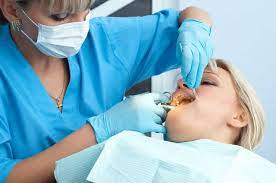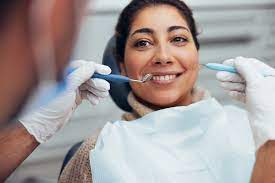Various situations can bring on a chilly or minty feeling in the mouth. Heartburn, infections, anxiety, and even cardiac issues […]
Can You Put Vicks On Your Tooth?
Have you ever been caught off guard by a sudden toothache and wondered whether a common household product could offer […]
Is using Showerhead to Remove Ear Wax Safe or Not?
Struggling with annoying ear wax accumulation? You’re certainly not the only one. Ear wax can be pretty bothersome, leading to […]
5 Preventive Measures to Avoid Botox Bruising
When seeking quick and effortless rejuvenation methods, BOTOX and dermal fillers stand out for their efficiency and convenience. These treatments […]
Can I Eat Slim Jims while Pregnant? lets find out
If you are pregnant, you know how certain meals cause you to crave throughout the day. One moment, you’re eating […]
How long after Wisdom Teeth Removal can I Eat a Burger?
Giving your mouth time to recover properly after wisdom teeth removal is crucial to preventing issues. Even though you might […]
What is Calculus Bridge? A Complete Guide
Do you immediately clean your teeth after eating? If not, you may see your teeth getting covered in a thin, […]
What are the Disadvantages of Eating Crab?
Crab legs are a delicacy enjoyed by numerous seafood suckers, famed for their succulent taste and tender texture. Still, beneath […]
Are Silicone Baking Mats Safe? Lets Find out
When baking in the kitchen, silicone mats are helpful and may be used to make a wide range of delectable […]
Does Milk Get Rid of your High? Lets Explore
Whey and casein, which bind to metals and aid in their removal from the body, are also present. However, consuming […]








